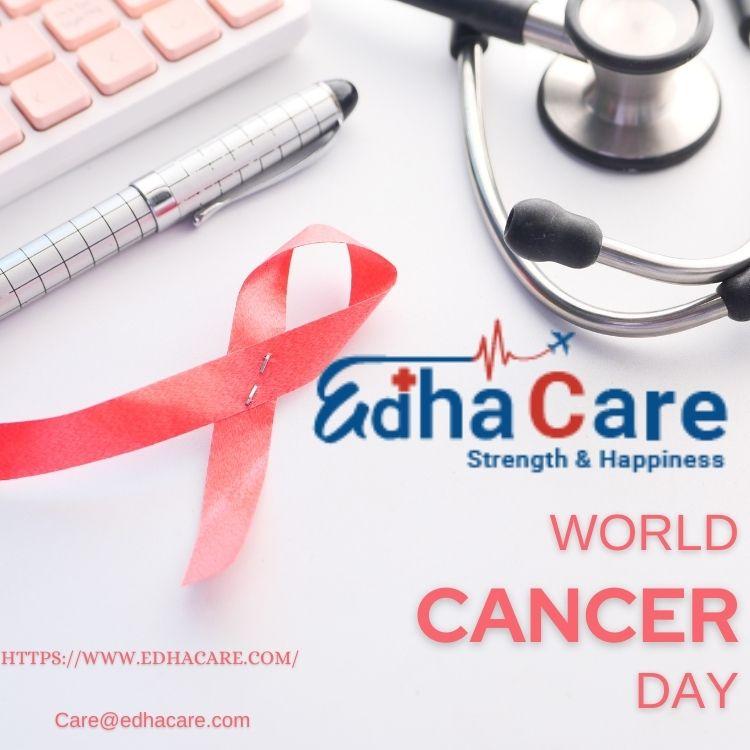Bone marrow transplants offer a lifeline to patients battling life-threatening diseases like leukemia, lymphoma, and aplastic anemia. While the focus rightfully remains on the recipient's journey, it's crucial to acknowledge the incredible act of generosity and potential impact on the donor. Becoming a bone marrow donor is a profound decision, and understanding the process and its potential effects is essential.
The Donation Process:
Before diving into the effects, let's briefly outline the donation process. After being identified as a match, potential donors undergo further testing to confirm compatibility and assess their overall health. There are two primary methods for bone marrow donation:
- Bone Marrow Harvest: This involves extracting marrow from the pelvic bones using needles under anesthesia.
- Peripheral Blood Stem Cell (PBSC) Collection: Stem cells are extracted from the bloodstream after the donor receives growth factor injections to boost production, followed by blood separation and return.
Short-Term Effects: What to Expect
The majority of bone marrow donors experience minimal and temporary side effects.
- Bone Marrow Harvest: Donors may experience pain and bruising in the lower back or hip area for a few days or weeks. Over-the-counter pain medication usually manages this discomfort. Some donors report fatigue for a short period.
- PBSC Collection: The growth factor injections can cause bone pain, headache, or flu-like symptoms. These side effects are generally mild and subside after the injections stop. Some donors may experience fatigue or muscle aches.
Both procedures are generally considered safe, and serious complications are rare. However, any medical procedure carries some inherent risks, and donors should discuss these with their medical team.
Long-Term Effects: A Look at the Data
Extensive research has been conducted to assess the long-term effects of bone marrow donation. Studies indicate that the vast majority of donors experience no lasting health problems.
- Bone Marrow Regeneration: The bone marrow replenishes itself within a few weeks, and donors typically return to their normal activity levels shortly after the procedure.
- Overall Health: Long-term studies have shown no significant differences in the overall health of bone marrow donors compared to the general population. Donating bone marrow does not increase the risk of developing cancer or other serious illnesses.
Emotional and Psychological Impact
Beyond the physical aspects, becoming a bone marrow donor can have a significant emotional and psychological impact.
- Sense of Fulfillment: Many donors report a profound sense of fulfillment and satisfaction from knowing they have potentially saved a life.
- Emotional Connection: Some donors may feel a strong emotional connection to the recipient, even if they never meet.
- Privacy and Contact: The level of contact between donor and recipient varies depending on the policies of the transplant center and the wishes of both parties. Maintaining donor confidentiality is paramount.
Note: Becoming a bone marrow donor is a personal decision. Donors need to understand the process, risks, and long-term effects, have their questions answered, and make a pressure-free choice.
Conclusion
Donating bone marrow is a generous and life-changing act that impacts the recipient and their family profoundly. Acknowledging the donor's courage and selflessness is crucial. Learning about the effects of donation empowers potential donors and supports the procedure's success. Generosity creates a ripple effect of hope and healing beyond the individual.
Other treatment information are also available by specialty:
https://www.edhacare.com/so/treatments/gynecology/vaginectomy
https://www.edhacare.com/so/treatments/gynecology/vaginoplasty
https://www.edhacare.com/fr/treatments/nephrology/hydronephrosis
https://www.edhacare.com/fr/treatments/pulmonology
https://www.edhacare.com/fr/treatments/surgical-oncology/laparoscopic-surgery
https://www.edhacare.com/fr/hospital/medical-park-group-hospital-istanbul
https://www.edhacare.com/fr/treatments/cardiology/roemheld-syndrome-treatment
https://www.edhacare.com/fr/treatments/gynecology/cervical-cerclage
https://www.edhacare.com/fr/blogs/roemheld-syndrome-treatment/
